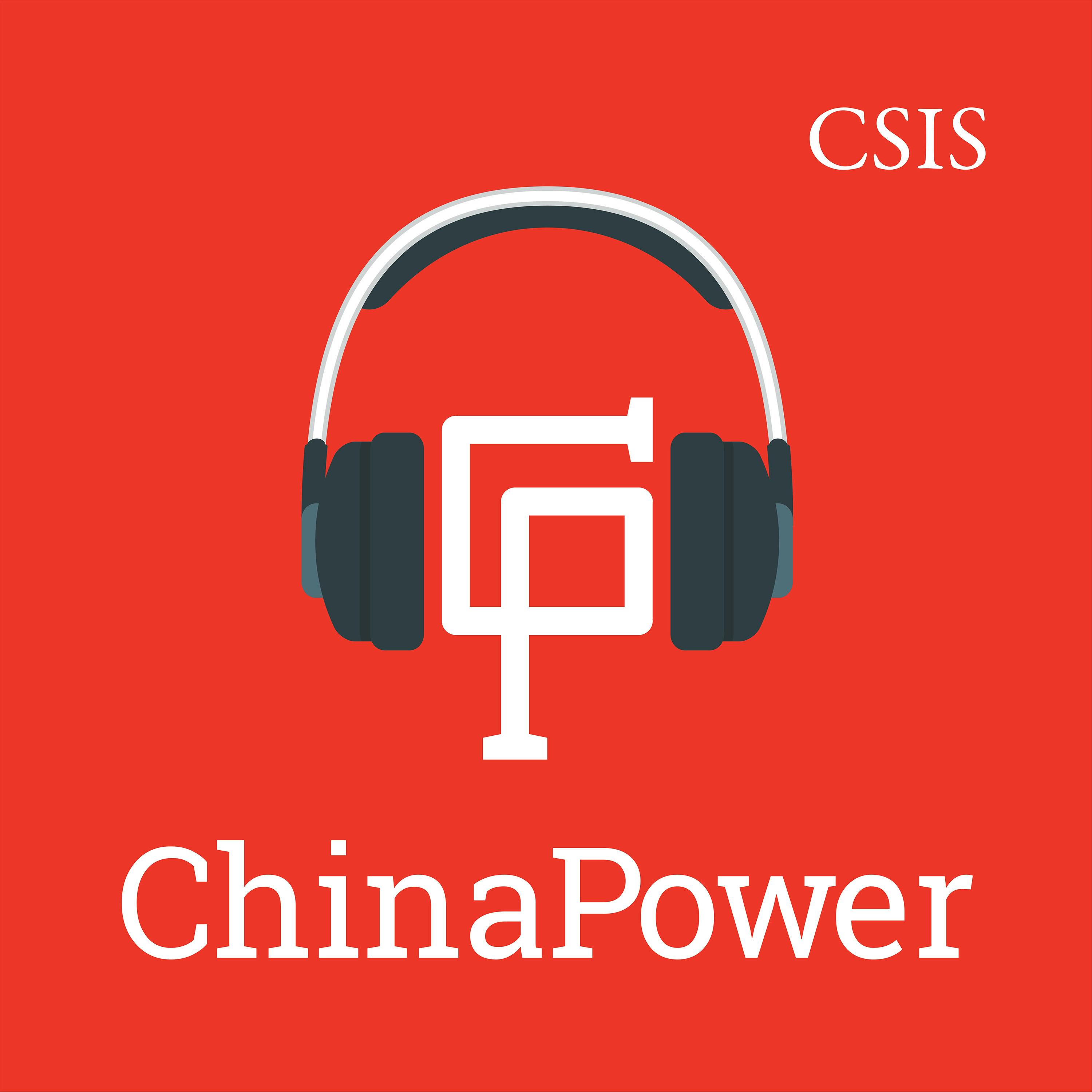
Unpacking China’s Anti-Secession Law: A Conversation with Dr. I-Chung Lai and Professor Jacques deLisle

ChinaPower
Deep Dive
- The Anti-Secession Law, passed in 2005, addresses Taiwan's status and potential independence.
- Article 8 is the most controversial, outlining conditions for using 'non-peaceful means' against Taiwan.
- The law's brevity and vague wording allow for flexible interpretation.
Shownotes Transcript
In this episode of the ChinaPower Podcast, we are joined by Dr. I-Chung Lai and Professor Jacques deLisle to unpack China’s 2005 Anti-Secession Law and its important implications for cross-Strait relations—the topic of an international conference co-hosted by CSIS and Prospect Foundation in early August 2024. Dr. Lai dissects the legislation’s nine articles, particularly Article 8’s conditions in which China can employ ‘non-peaceful means’ toward Taiwan. Professor deLisle speaks to the implications of the recent “22 Opinions” that China released to strengthen the Anti-Secession Law. The 22 Opinions criminalizes support for Taiwan independence and could be used even against foreign individuals who are not from China or Taiwan. However, Professor deLisle suggests that international recognition and enforcement of these laws would raise human rights concerns. Finally, Dr. Lai and Professor deLisle offer their recommendations on how the United States, Taiwan, and the international community can effectively respond to China’s actions.
Dr. I-Chung Lai is the president of Prospect Foundation, a Taiwan-based think tank. Prior to joining the Prospect Foundation, he held several prominent positions within the Democratic Progressive Party, serving as executive director of the DPP Mission to the United States and as the director general of the Department of International Affairs. He has also worked as a special assistant with the Taipei Economic and Cultural Representative Office in Tokyo.
Professor Jacques deLisle is a Stephen A. Cozen professor of law and professor of political science at the University of Pennsylvania. His research and teaching focus on contemporary Chinese law and politics, including legal reform and its relationship to economic reform and political change in China, the international status of Taiwan and cross-Strait relations, China’s engagement with the international order, legal and political issues in Hong Kong under Chinese rule, and U.S.-China relations. DeLisle is the director of the Center for the Study of Contemporary China, co-director of the Center for Asian Law, and director of the Asia Program at the Foreign Policy Research Institute.